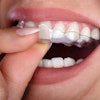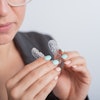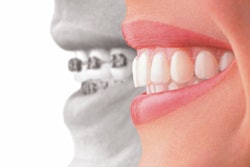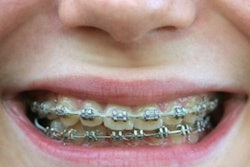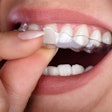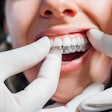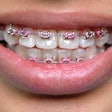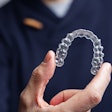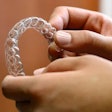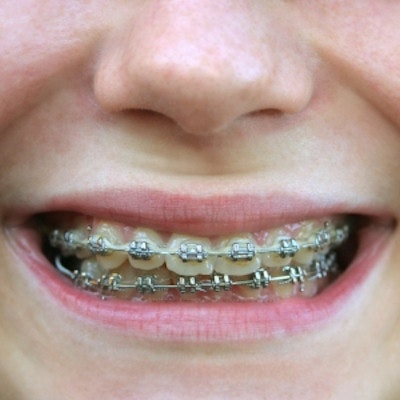
One reason patients cite for starting orthodontic treatment is the belief that the treatment will help them feel more positive about themselves later in life. A long-term follow-up of more than 440 30-year-olds calls that assumption into question.
Researchers surveyed respondents with questions focusing on four areas of psychosocial development. Regardless of initial malocclusion severity, orthodontic treatment was not associated with better psychosocial outcomes, they reported in Orthodontics & Craniofacial Research (May 27, 2019).
"A lot of people are convinced that if they have braces, they will feel more positive about themselves and do well, psychosocially, in later life. This study confirmed that other factors play a role in predicting psychosocial functioning as adults [and] braces as a youngster was not one of them," stated lead author Esma Doğramacı, BDS, a lecturer in orthodontics at the University of Adelaide in Australia, in a university press release.
The researchers wanted to find out how much influence previous orthodontic treatment earlier in life had on psychosocial outcomes in 30-year-olds, so they surveyed more than 1,800 30-year-old former patients from Adelaide. More than 440 responded, and more than 140 of these respondents had previously worn orthodontia. Researchers initially expected that patients who earlier had orthodontic treatment would have better psychosocial outcomes.
“Our study does not support the contention that orthodontic treatment produces better psychosocial functioning later in life.”
The study looked at four psychosocial aspects:
- How well people felt they coped with new or difficult situations and associated setbacks
- How much they thought that they could take care of their health
- The support the person believed they received from their personal network
- Their level of optimism
Orthodontic treatment was not associated with better psychosocial outcomes, the researchers found. Their data showed no association between orthodontic treatment and self-efficacy, health competence, or social support, they noted.
Overall, other factors had more influence on patients' psychosocial outcomes. These included having a higher income (best outcomes) and having a basic level of secondary education (lowest outcomes).
Contrary to their expectations, the researchers concluded that there was no difference in long-term psychosocial outcomes based on orthodontic treatment.
"Our study does not support the contention that orthodontic treatment produces better psychosocial functioning later in life," the authors wrote.
